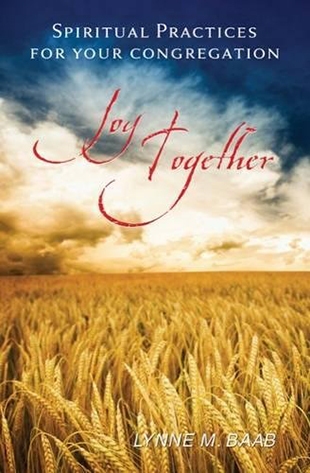"Another challenge for congregations is how to provide options for people to gather for Sabbath observance, while also affirming that some people may need to be alone on the Sabbath day or simply rest at home with their families. In contrast, some people are alone at work all week, and need time with other people on the Sabbath. Communal Sabbath observance usually wouldn't mean that everyone in the congregation is together all day long. The long leisurely coffee hour, where people can talk for a long time if they like, illustrates one option.
"Is the Sabbath one of the hardest spiritual practices in our time? Do congregation members need support for Sabbath keeping as much or more than they need support for other ways of living out the Christian faith? If so, then the communal issues related to the Sabbath will involve much creative thinking, discussion, and prayer.
"Perhaps the most important thing congregational leaders can do to encourage Sabbath observance is to talk about it and make spaces for people to brainstorm together and pray for each other. Consider encouraging all the congregation's home groups to focus on the Sabbath during Lent by reading a book or working through a Bible study guide. Consider devoting an all-church retreat to the topic of the Sabbath, or having a sermon series on the Sabbath with discussions afterward. Consider using a church newsletter or Web site to present Sabbath options or to allow Sabbath keepers within the congregation to write about their experience.
"The kind of Sabbath my grandfather was subjected to, where everyone sat still all afternoon on Sunday, is only one of hundreds of options for what a Sabbath might look like. The Sabbath is a day to lay down the tools of our daily work, paid or unpaid, and to rejoice in the way God has ordered the universe, enjoy the good gifts God has given us, and receive God's love. What might that look like for members of your congregation?"
